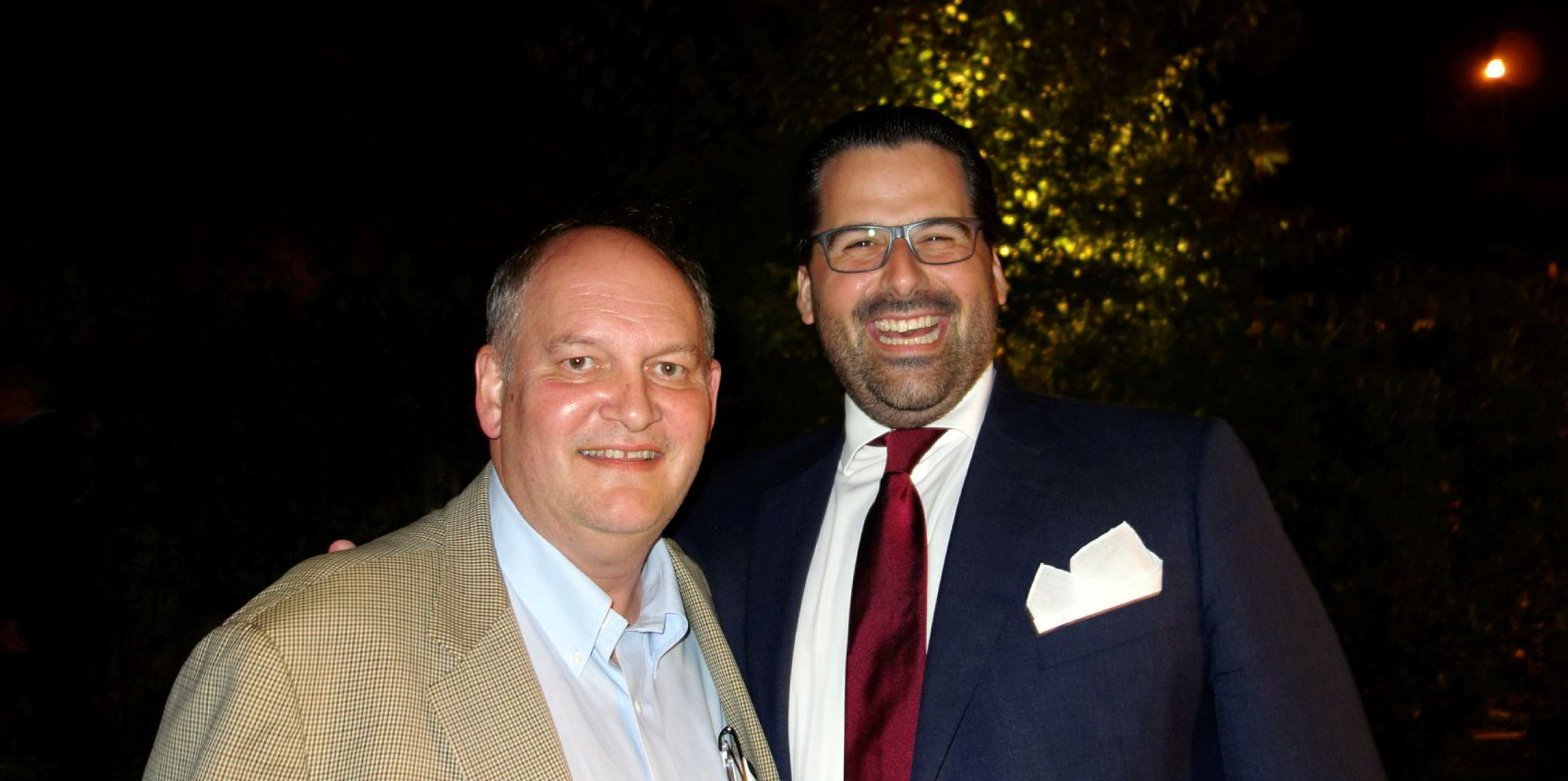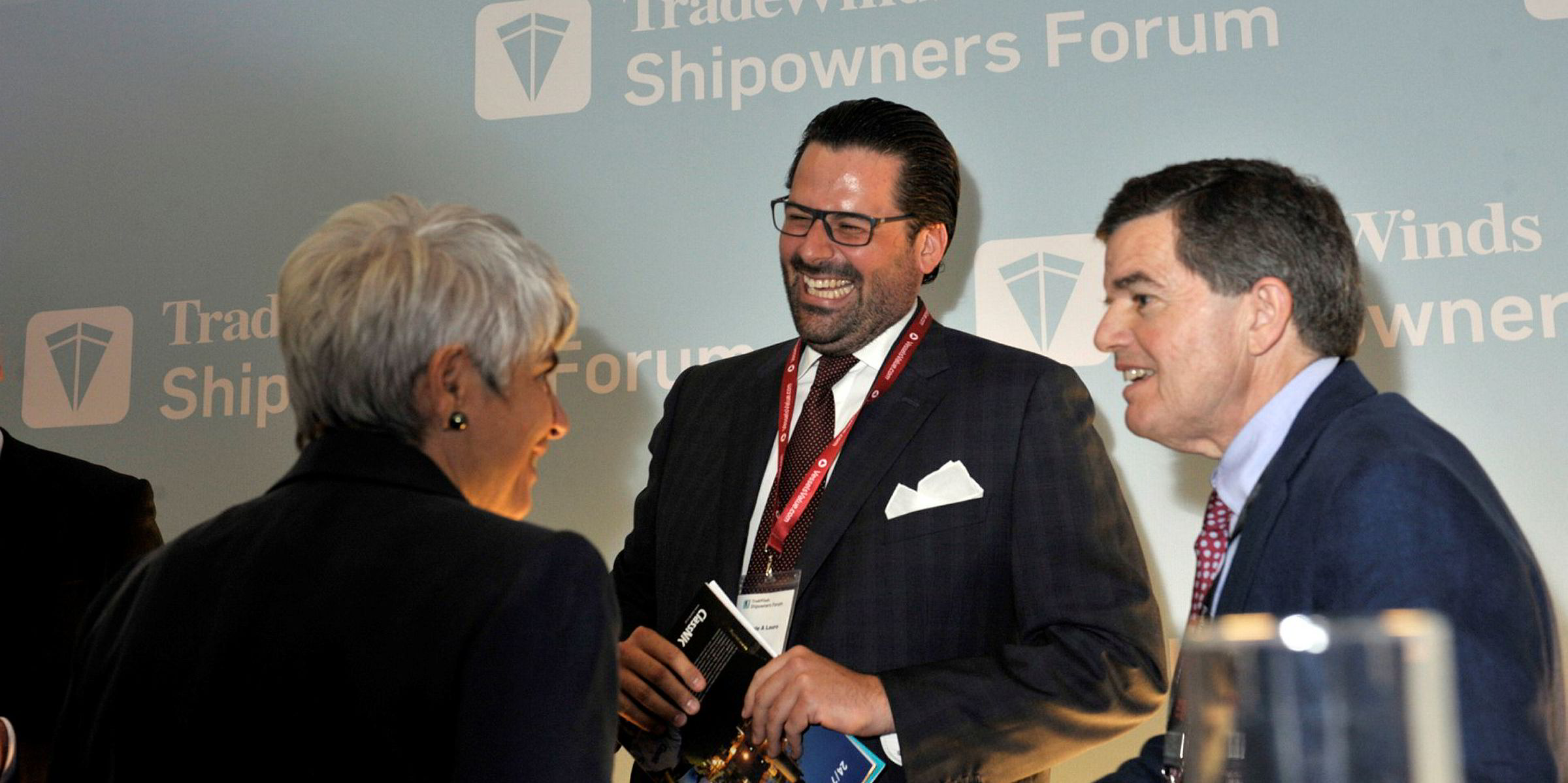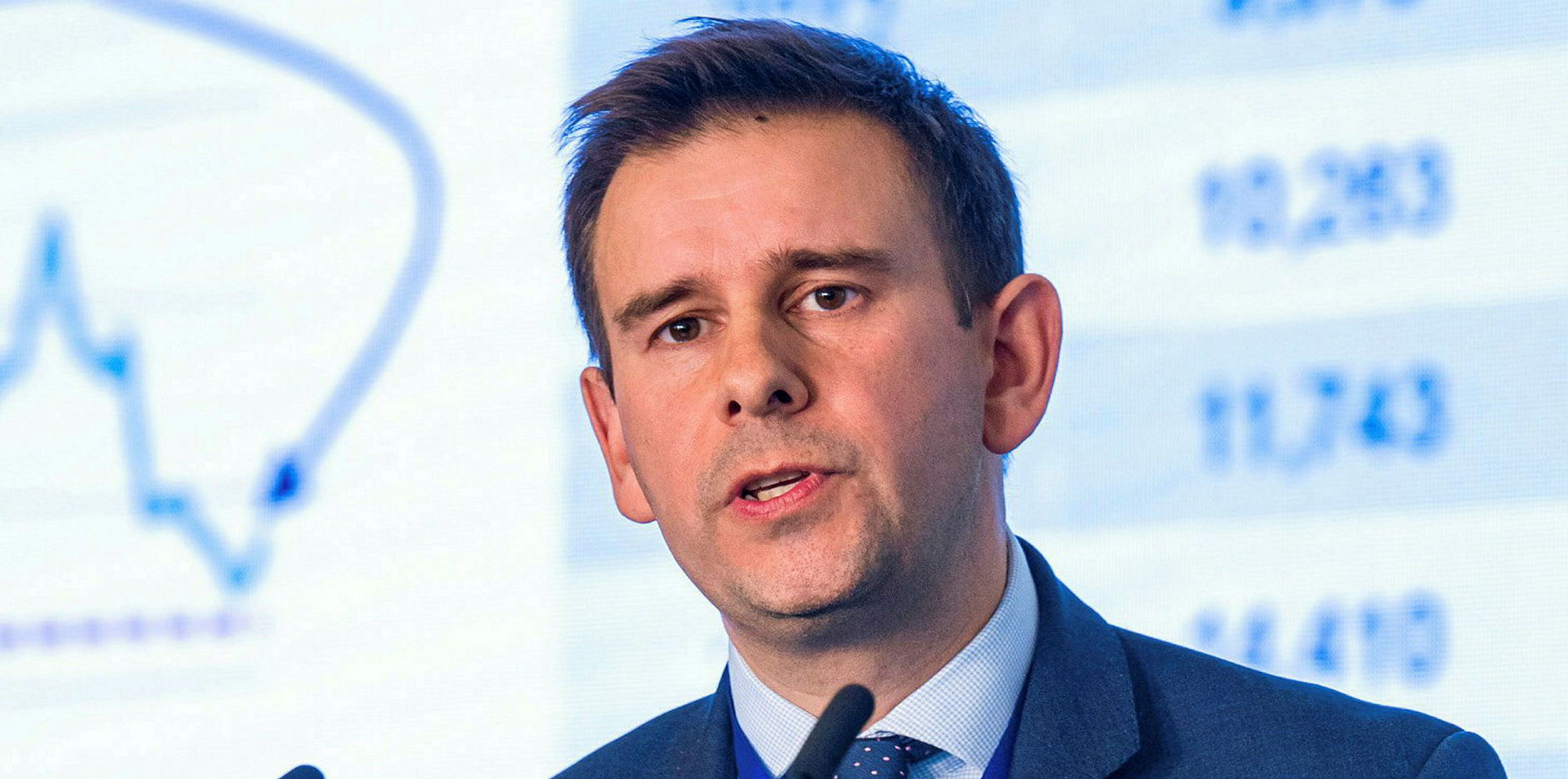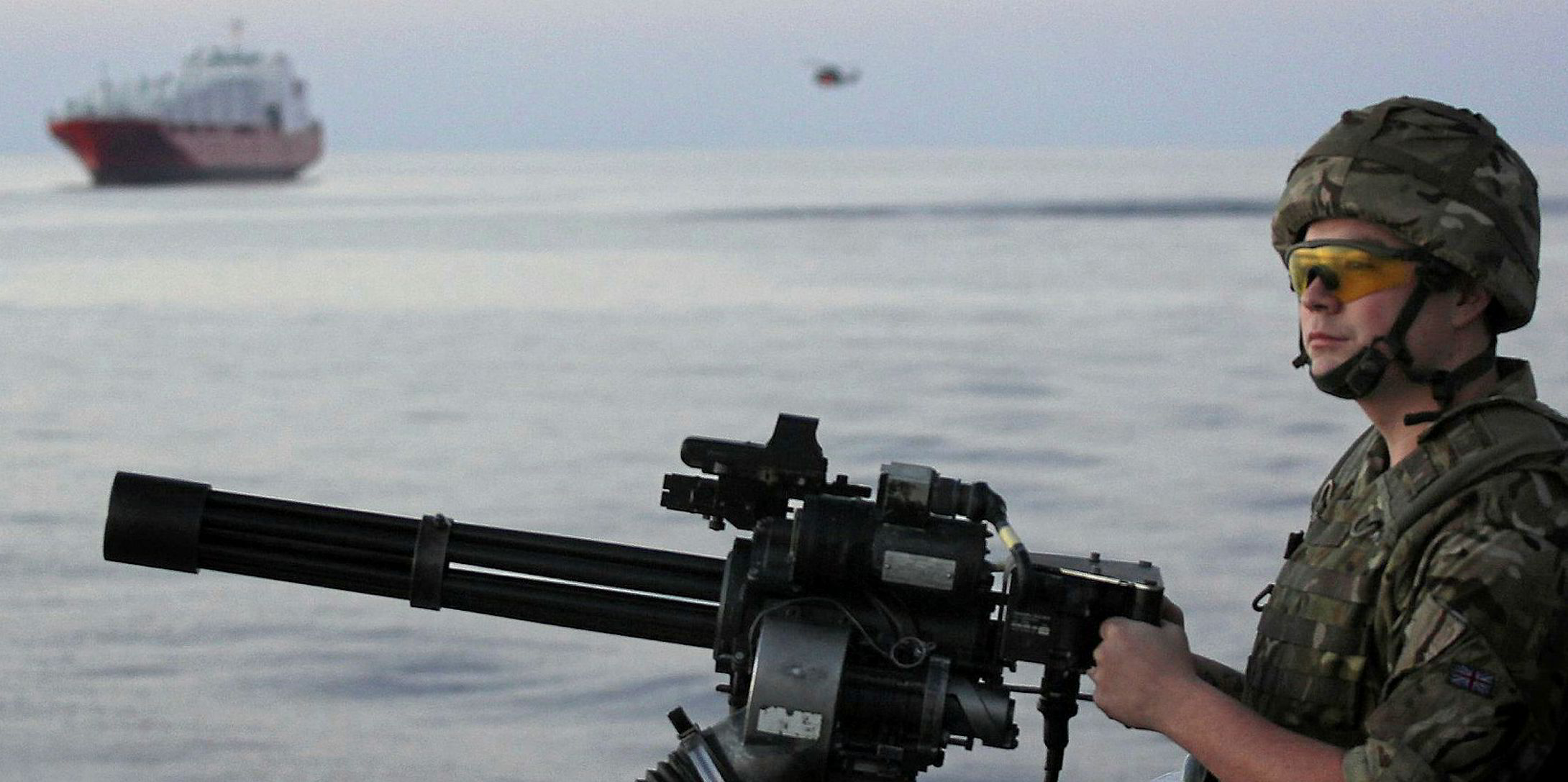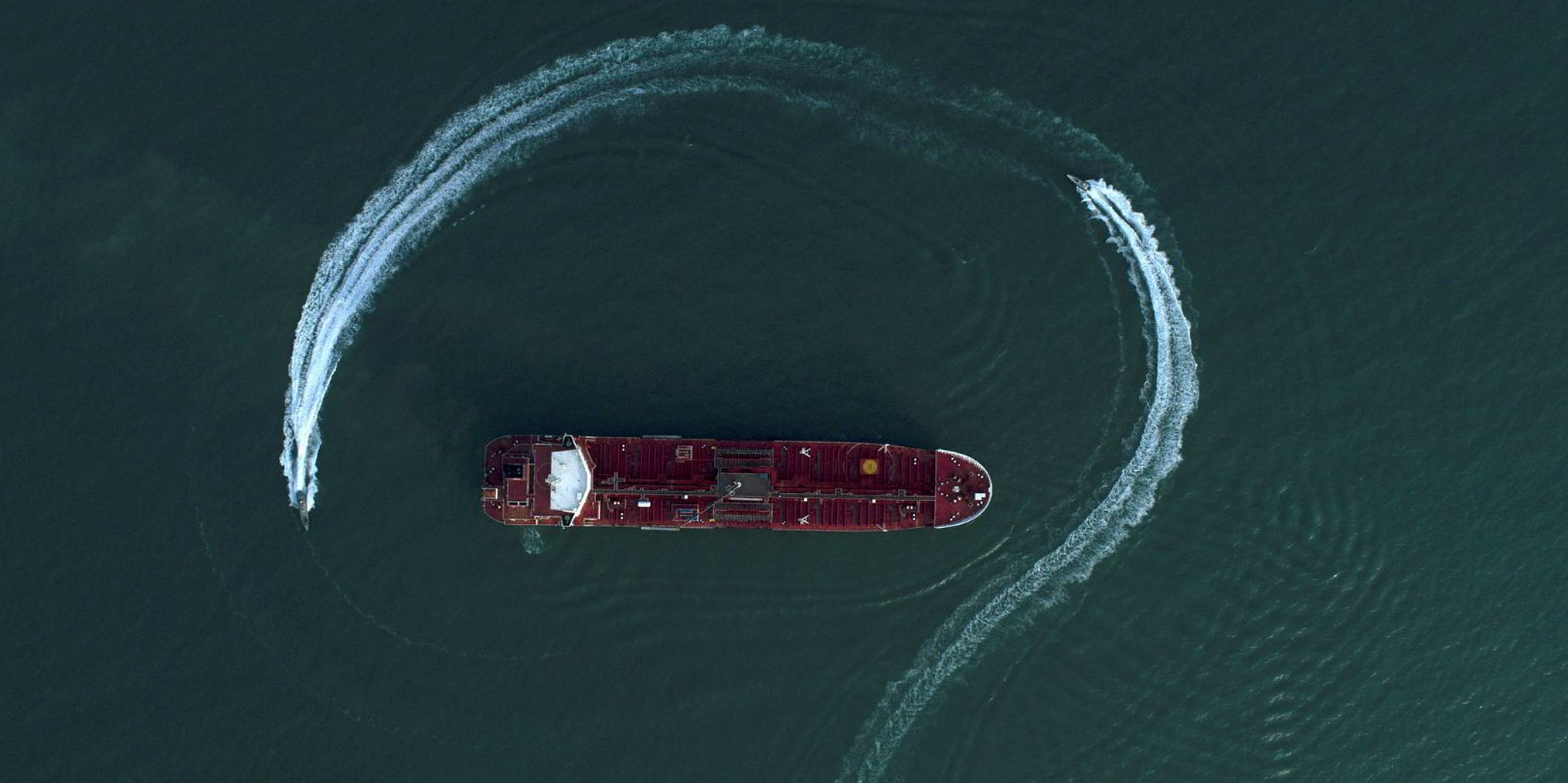Scorpio Tankers executives today set out how the spot market should pull away from its present “nowhere land” in the “dark days of summer” and move towards the promised land of IMO 2020.
The New York-listed shipowner also revealed it has no plans to avoid the Strait of Hormuz, following the seizure of the 50,000-dwt Stena Impero (built 2018).
Emanuele Lauro, chief executive of Scorpio Tankers, said: “After a slower second and third quarter, due to refinery turnarounds, the market is poised for substantial strengthening through the end of the year.”
The world’s largest product tanker owner is also the largest adopter of scrubber technology to meet IMO 2020 requirements.
Much of Scorpio's second-quarter earnings call today focused on discussions around how the market would shape up, given the anticipated disruption of the new legislation.
Tipping point to 'ignite' the market
Lars Dencker Nielsen, Scorpio's commercial director, said the present weakness — which contributed to the company's second-quarter loss — reflected seasonality and a front-loaded and lengthened period of refinery turnarounds.
“We do expect a strong rebound as we move into the back-end of the third quarter as we position into a seasonally stronger quarter, enhanced by the requirements of IMO 2020,” he told investors.
Dencker Nielsen described the product tanker orderbook as "benign" and suggested time would soon be called on older ships, which are a "burden" in the market.
Dencker Nielsen said: “As we look into Q3, we anticipate continued challenges on the seasonal demand side in the front end of the quarter.
"Optimism holds for the turn to start in the form of incremental export demand to pick up the positioning of the distillate cargo base for IMO 2020 supply around the world.
“This is likely not to pick up in earnest until we get closer to the end of the third quarter.
"But we expect to see increased market volatility at the margin and incremental demand igniting this market as we move forward into the fourth quarter and 2020.”
Flicking the switch
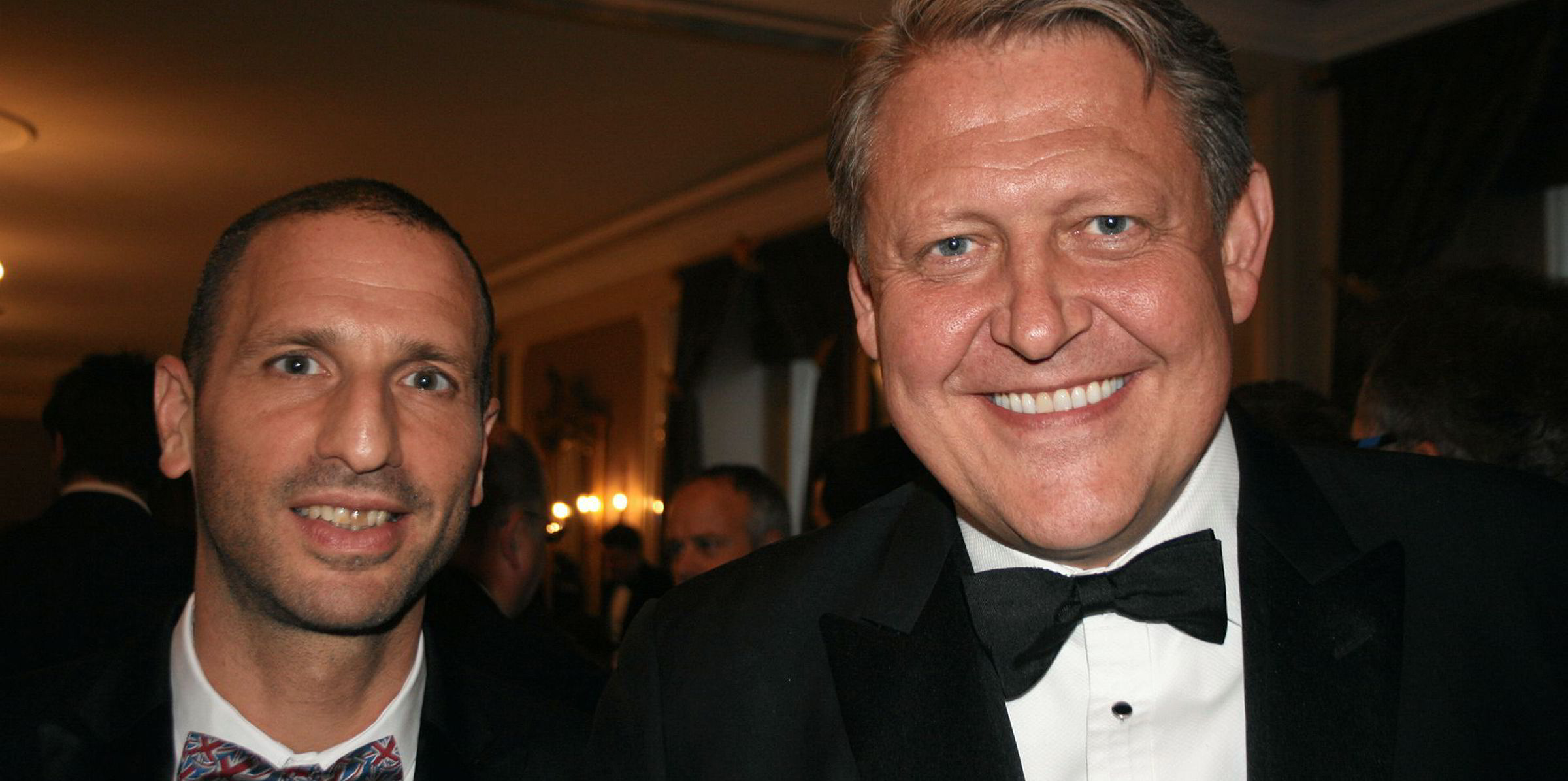
Robert Bugbee, president of Scorpio Tankers, said the “IMO 2020 switch” could be turned on at any moment and that finding signs was “as simple as watching the spot market”.
“The first thing you should see is a tick-up in fixtures and the shipping of the compliant fuel itself,” Bugbee said.
“Right now we are in a little bit of a nowhere land, where IMO 2020 is acting as a little bit of a negative, despite the fact rates are stronger than in 2018.”
Dencker Nielsen added that volatility and capacity utilisation were also at higher levels this year and that rates should respond quickly when refinery capacity comes back online.
“On top of that, for the larger vessels, when the naphtha comes back on stream, that will add to the fire,” he said.
What if?
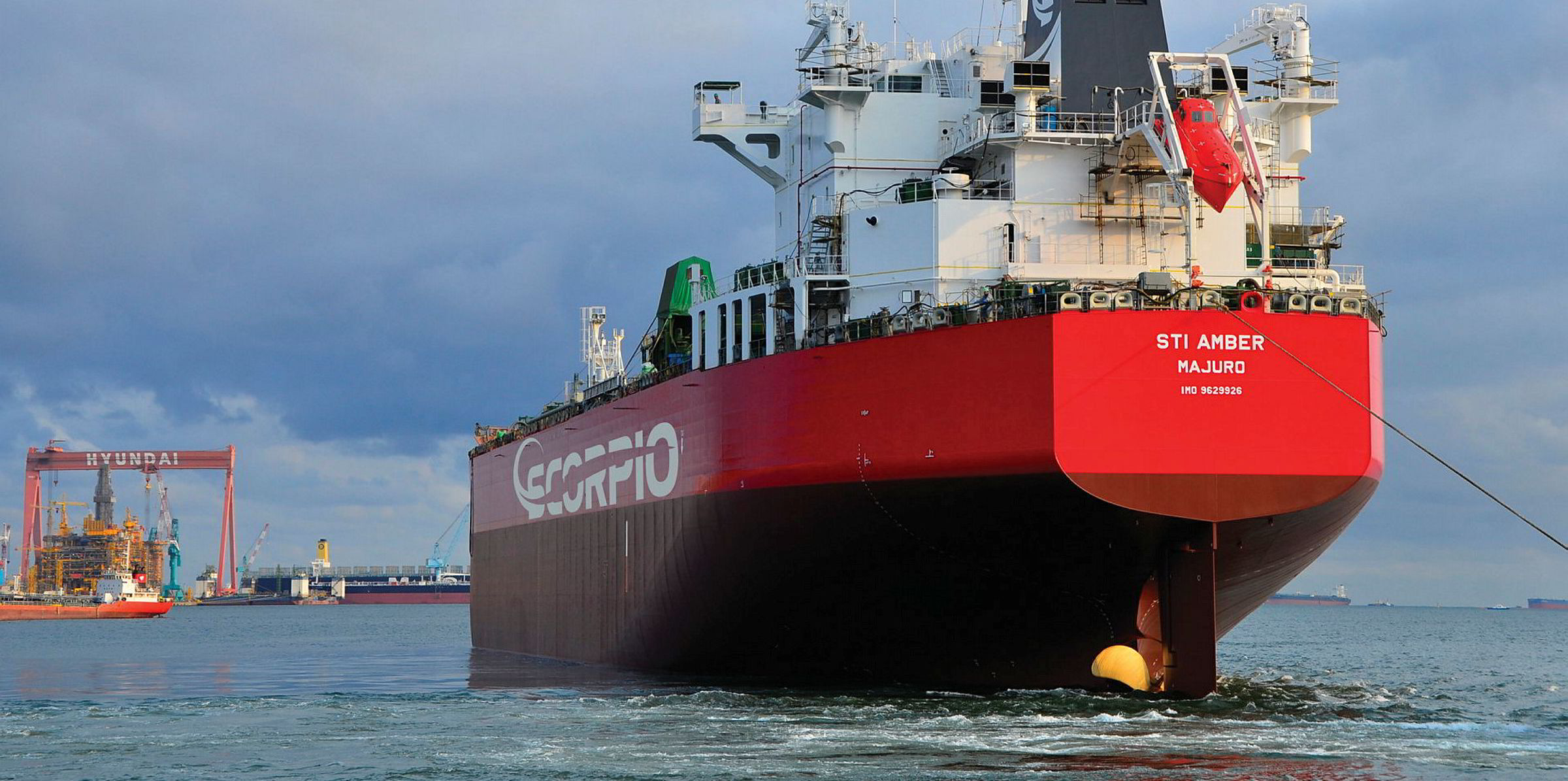
When pressed by analysts on what Scorpio — with a $120m scrubber programme and a vast fleet — would do should IMO 2020 not play out as planned, Bugbee said an upturn was not dependent on the emissions legislation.
“We would not expect a worry to come from the market,” he said. “The worry would have to come from some geopolitical event.”
Gulf crisis in focus
Yesterday BP revealed it was avoiding the Strait of Hormuz, given the present hostilities, and New York-listed GasLog is taking a similar stance.
Cameron Mackey, chief operations officer, said insurance was the only market reaction seen so far, following the Stena Bulk tanker's seizure and rising tension.
“I would think something more serious, prolonged or sustained would be required for either the market to respond in a meaningful way, or for us to take more drastic action to avoid certain trading lanes and particularly the area generally,” he said.
“It’s something we are watching, you can take some precautions and we taking it all quite seriously.
"But, unfortunately, it’s a bit of a wait-and-see game and we have to see how this risk is going to develop. Nobody has the answers here.”
Phenomenal opportunity only
Scorpio Tankers has a fleet of about 120 vessels on the water and has been involved in notable merger-and-acquisition deals since going public in 2013.
Lauro ruled out potential purchases of a small number of ships, given such deals would not change the picture for the company.
“We are not looking at adding one or two ships going forward,” he said during a question and answer session today.
“It would need to be a phenomenal opportunity for us to move in that direction.
“Likewise on divesting or selling vessels, we are not. We are happy with the profile of the fleet we have.
“I would assume that, bar a phenomenal opportunity on one side or the other, you should assume the fleet to remain as it is now.”
